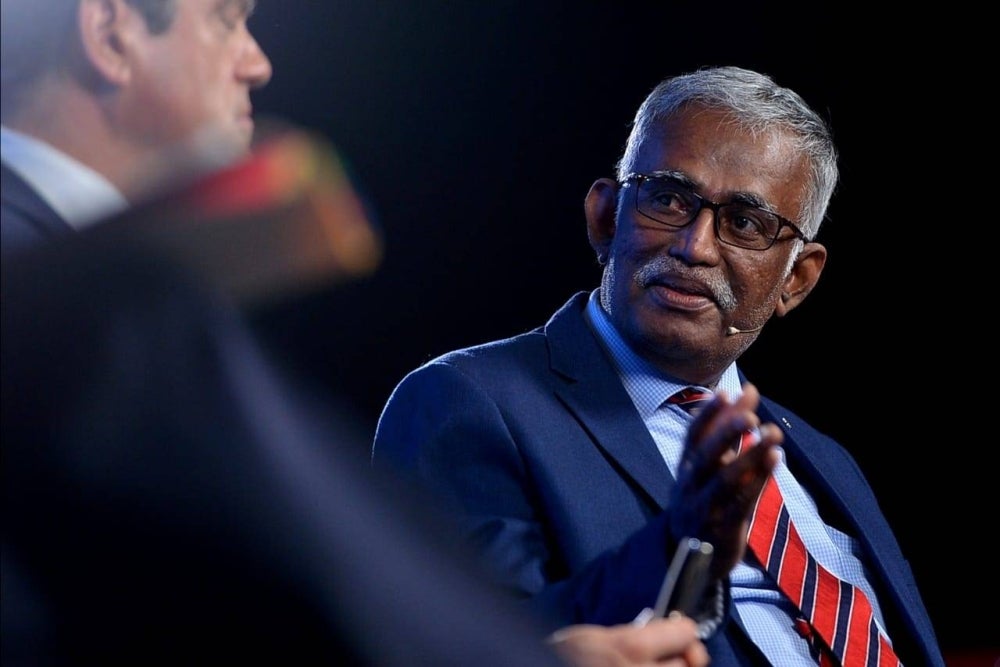Malaysia won't be a Sri Lanka but will experience stagflation
MUHAMMAD AMNAN HIBRAHIM
SHAH ALAM - Malaysia will unlikely face an economic crisis like Sri Lanka despite this year’s estimated national Gross Domestic Product (GDP) showing a reduction.
Universiti Malaya Asia-Europe Institute (AEI) economist Professor Datuk Dr Rajah Rasiah said the country has a strong fort in terms of macroeconomy to avoid from such events happening.
“We have an international reserve of about US$107 billion as we our export is more than our import.
“While in terms of dependence on debt, most of the country’s debt is still in ringgit and not foreign currency thus we do not experience issues like in Sri Lanka or Greece,” he told Sinar.
He said this during the luncheon after being part of the Wacana English Edition panel titled “Global Challenges in a Multipolar World” organised by Sinar Daily, European Union and AEI at the Karangkraf headquarters yesterday.
Last month the Sri Lankan government declared bankruptcy following an economic crisis and inflation surge in the country.
The country has been suffering from an economic crisis for the past few months due to limited energy resources, electrical power and foreign currency.
Rajah further commented that just like other Asean countries, the economy is expected to be in a stagflation due to rising cost of living and high unemployment rates.
He said the economic recession was due to the Russian-Ukraine was and economic sanctions imposed on some of the countries involved.
“This led to the reductions in the supply of oil and gas, cooking oil. Wheat as well as fertilisers thus led to soaring prices of goods,” he said.
The situation has been left unchecked and has the potential to stunt the country’s GDP growth.
To address the issue, he said Malaysia should take advantage by increasing the food production in the country.
“The most important thing is the impact of inflation on food because it not only affects the country as a whole but also a large part of the country's employment," he said.
He said that although shortage of oil supply was to give an advantage to Malaysia which recorded a net export of the commodity, it however has been seen to affect the country's efforts in its move to reduce the use of fossil fuels.
Earlier, the Wacana English Edition was attended by 16 EU ambassadors to Malaysia and Head of Missions including EU Ambassador Michalis Rokas, German Ambassador Dr Peter Blomeyer, Hungary Ambassador Dr Petra Ponevacs-Pana and Poland Ambassador Krzysztof Debnicki, among others.
Also in attendance were Karangkraf Group Chairman Datuk Hussamuddin Yaacub, Karangkraf Group Executive Director Akmal Eirfan Mohamed Fauzi, Sinar Karangkraf Chief Executive Officer Farah Hussamuddin and Sinar Karangkraf Editor-in-Chief Rozaid Rahman.














